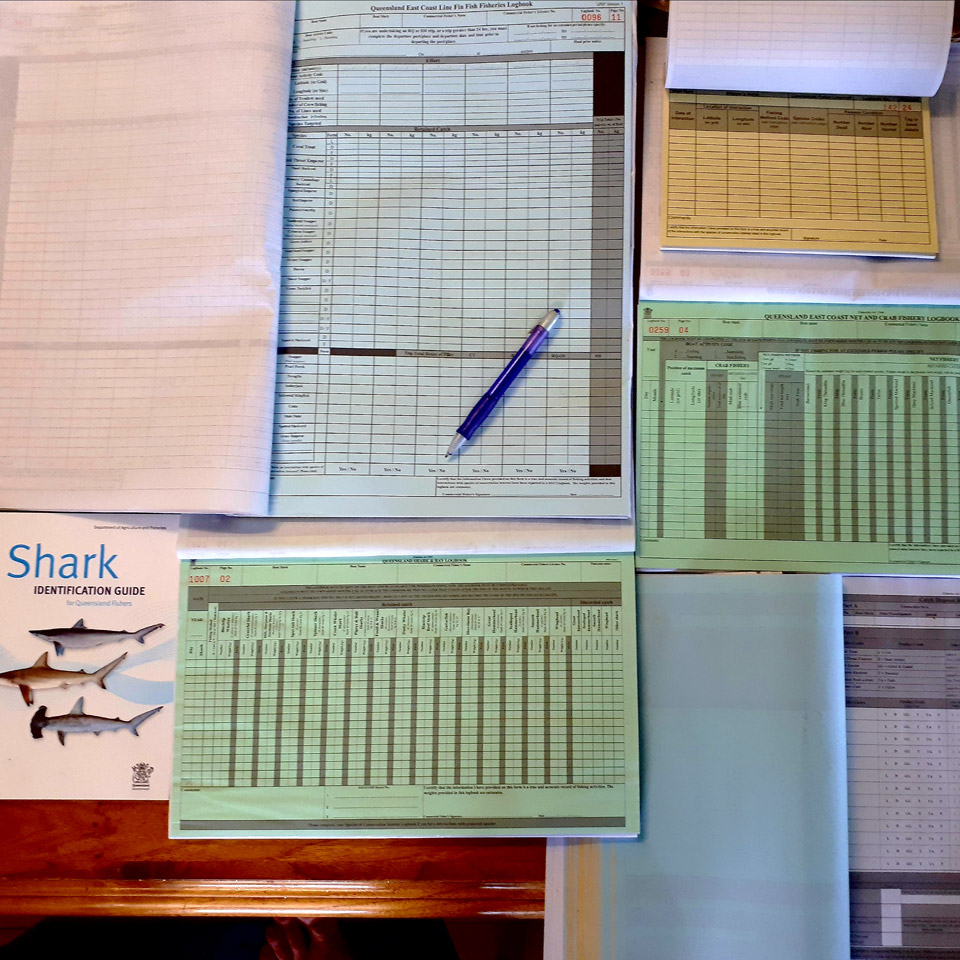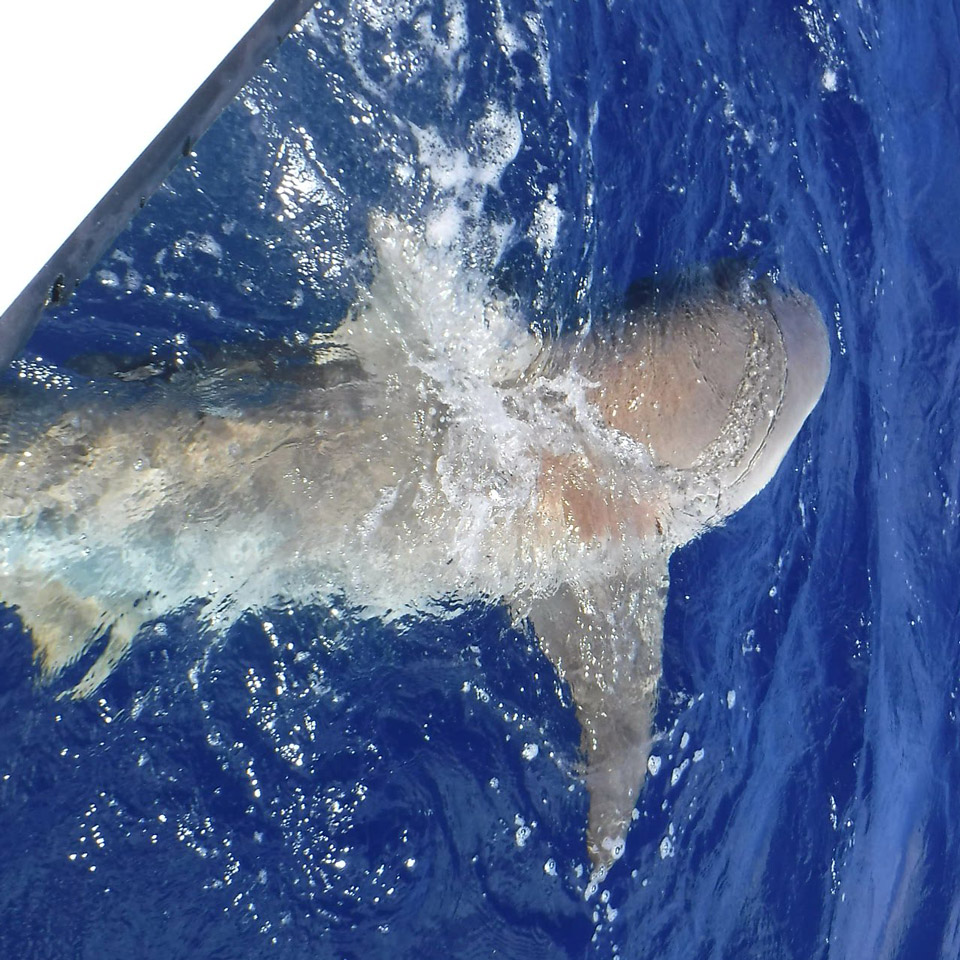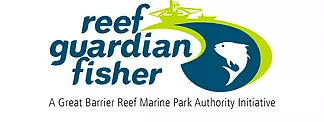QUOTA, CATCH REPORTING AND DOCUMENTATION
All reef species have very strict yearly catch quotas for the Qld commercial fishery.
Log books are required to be filled out every day detailing the area fished, gear used, exact numbers of each and every species taken and weights of each species. Before returning to port, we have to notify authorities in advance with numbers of fish we are returning with, the port we are returning to, and the exact time we are returning.
As we unload our catch, numbers of each species are counted and recorded and the weighing of each individual species must be done on certified scales. Exact weights must be reported to Qld Fisheries by phone immediately after unloading, and a Catch Disposal Record book filled out and sent to Qld fisheries within 24 hours.
We quite often have Qld Fisheries researchers here for the unloading of our catches, where they collect data which assists in correctly managing the fishery.
The bait fishing has its own seperate logbook. The area fished, length of net, size of mesh, species caught, and quantity caught is all recorded every day.
We are required by law to also fill out another seperate logbook if we have any interaction with species of conservation interest, such as whales, dugongs and turtles. Then there is another seperate logbook for any interactions with sharks of any species.
Whether we are line fishing for reef fish, or catching bait, there are many strict rules and conditions we must abide by.
Boat lengths, number of hooks used, number of lines in the water, areas allowed to be fished, net length, net strength, mesh size, species allowed to be taken, and amounts allowed to be taken are all restricted and enforced seriously.
Over 30% of the Great Barrier Reef is ‘green zone’, which means no fishing is allowed in any way at all. Green zones are ‘look but don’t touch’.
There are also many net free zones along the Great Barrier Reef, and many different zones in which many forms of fishing are restricted or forbidden. Huge penalties apply to commercial fishermen caught breaking the rules.
There are also many no-take or protected species of fish. This includes barramundi cod, hump head maori wrasse, potato cod, Queensland groper, red bass, sawfish, several shark species, and the list goes on.
Every detail of commercial fishing in Qld is very well documented and recorded. Satellite tracking will also be on every Queensland commercial fishing vessel in Qld by 2019, paid for by fishermen themselves.





